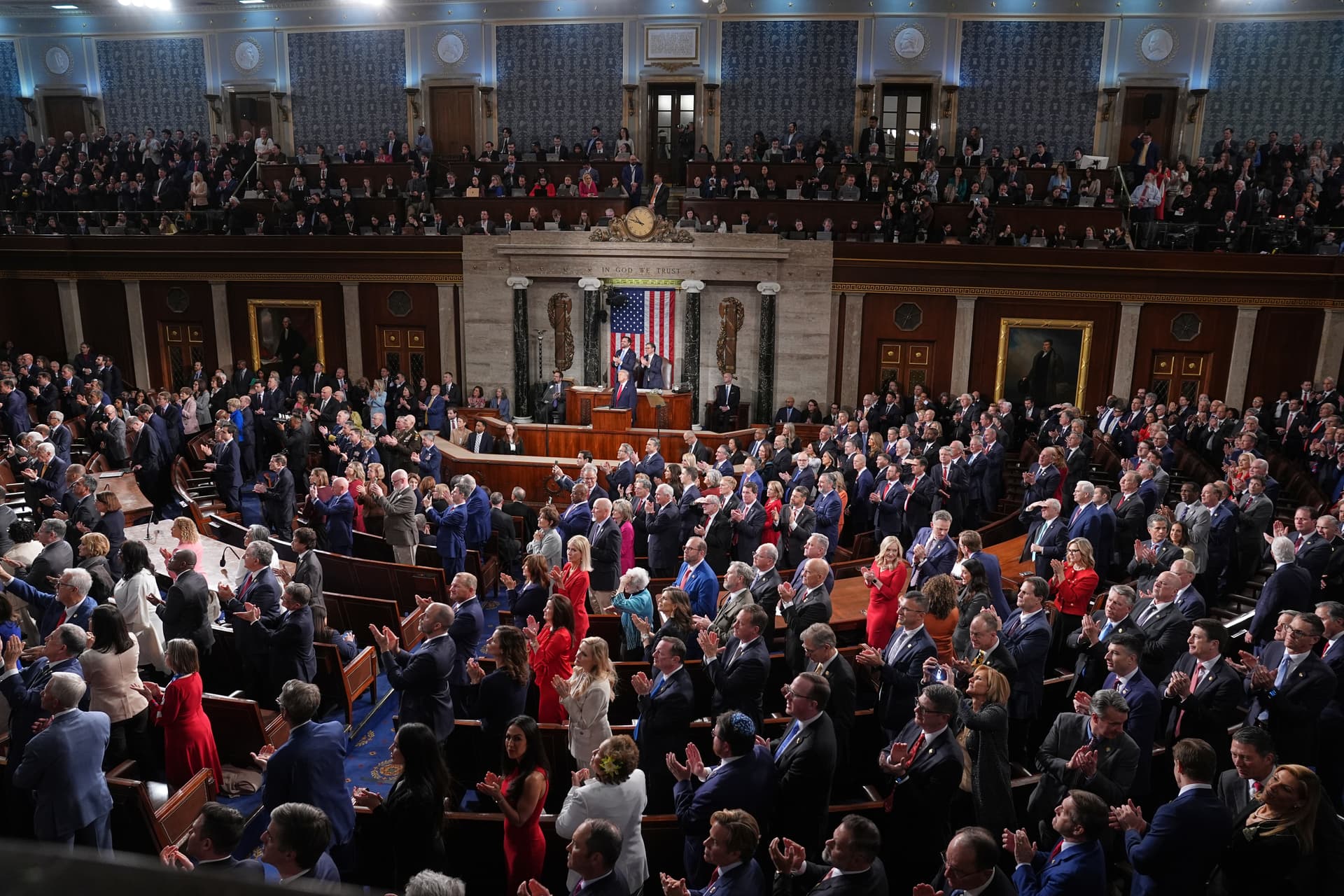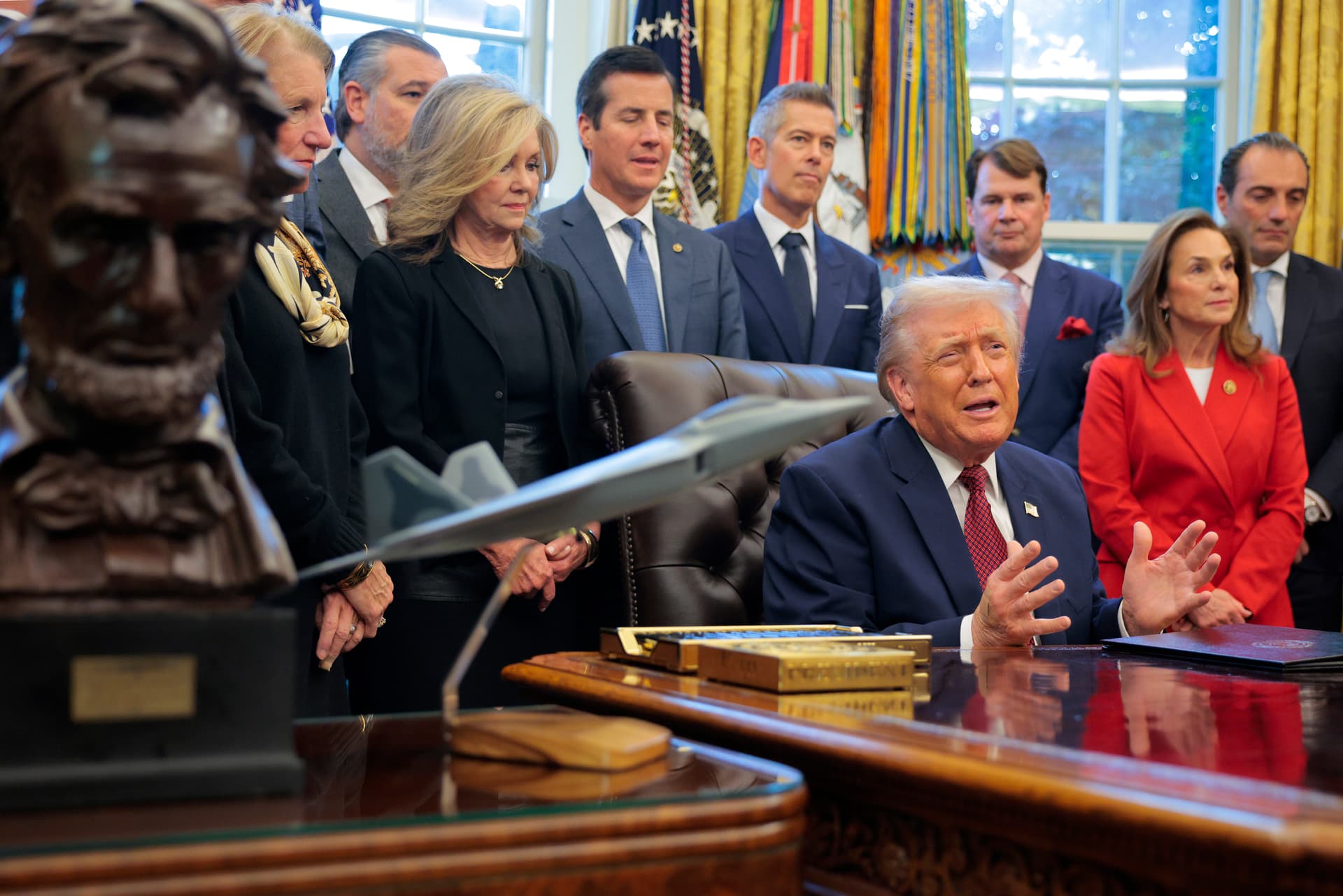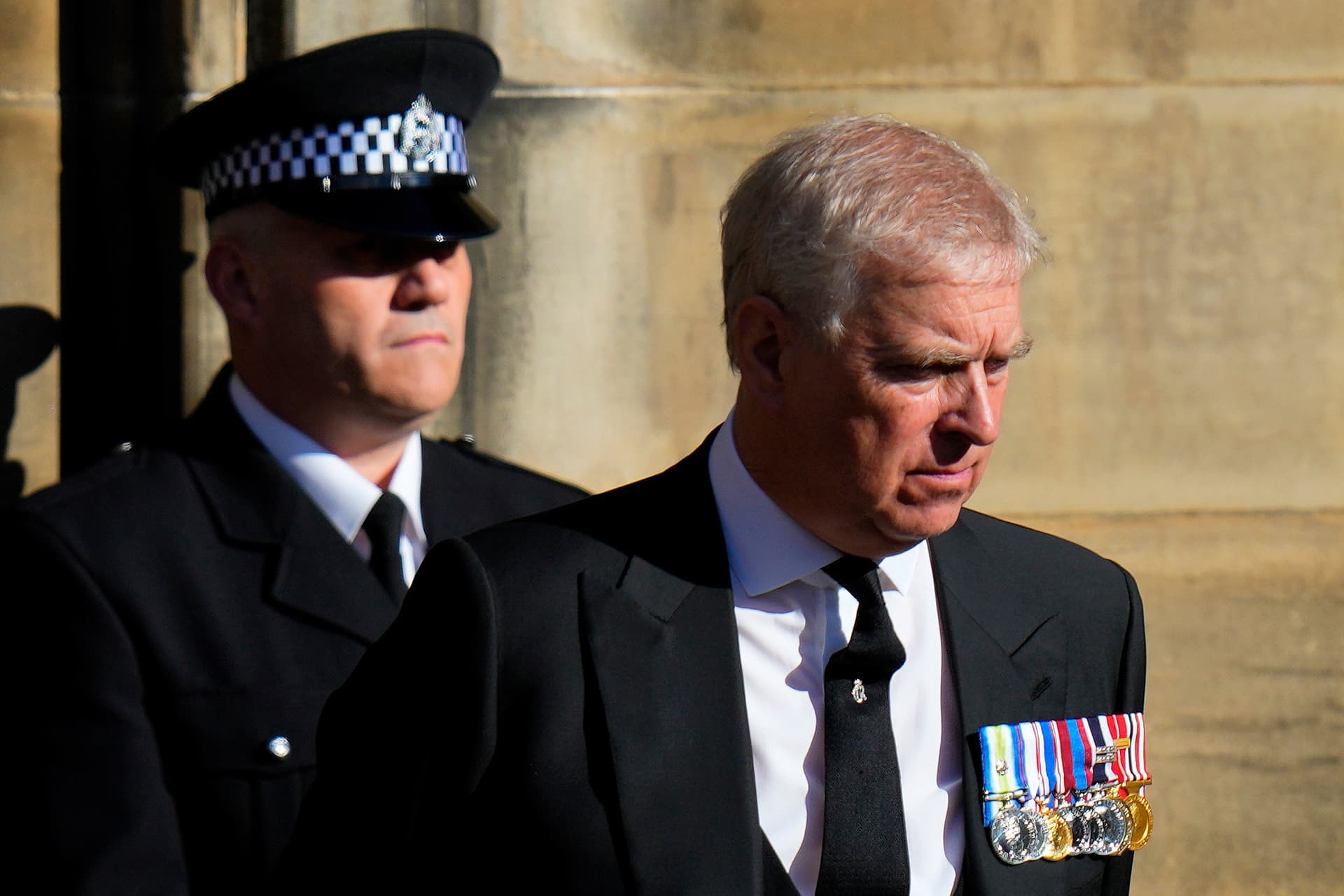
Trump’s SOTU Unleashes America’s Golden Age of Growth
By LAWRENCE KUDLOW
|One piece careens in the direction of backbeat-driven funk; other pieces stretch out in the manner of Pink Floyd and other progressive rock bands.

Already have a subscription? Sign in to continue reading

By LAWRENCE KUDLOW
|
By STEPHEN MOORE
|
$0.01/day for 60 days
Cancel anytime
By continuing you agree to our Privacy Policy and Terms of Service.
By A.R. HOFFMAN